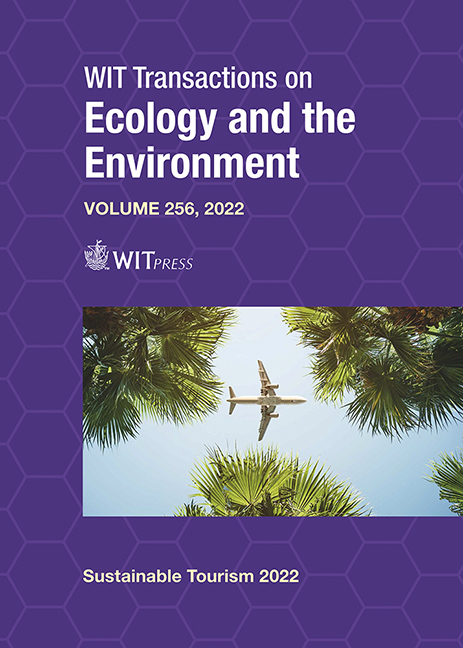ROLE OF ARTIFICIAL INTELLIGENCE AND BIG DATA ANALYTICS IN SMART TOURISM: A RESOURCE-BASED VIEW APPROACH
Price
Free (open access)
Transaction
Volume
256
Pages
10
Page Range
99 - 108
Published
2022
Paper DOI
10.2495/ST220091
Copyright
Author(s)
ASTERIOS STROUMPOULIS, EVANGELIA KOPANAKI, SOTIRIOS VARELAS
Abstract
This study examines the use and impact of artificial intelligence (AI) and big data analytics (BDA) in the tourism industry (TI). The digital age has brought a lot of changes transforming the business environment. The extensive use of the internet combined with the recent technological advances have greatly affected tourism companies, which need to face increased competition, changing tourists’ needs and quick development of customer services. Furthermore, due to the widespread digitization, the tourism industry is overwhelmed by a huge amount of data that needs to be processed and analysed. AI is a rapidly evolving set of technologies, which can to some extent replace the analytical ability and decision-making capabilities of human beings. It can thus enable the development of innovative services and the intelligent processing of large amounts of data. Although AI is a widely known technology, it is still not widely used in the tourism industry. However, the adoption of AI is accelerated during the last 3 years, which is also reflected in the literature. By conducting an extensive literature review, this study aims to examine the level of adoption of AI applications in different sectors of the tourism industry and to discuss their role in big data analytics and in smart tourism (ST). It also aims to examine under which circumstances the adoption of these applications and technologies could enable tourism companies to obtain a competitive advantage. To explain this, the paper develops a conceptual framework using the resource based view theory. Based on the proposed framework, it shows that the adoption of the above combination may enable tourism companies to increase their business performance, achieve economic results and potentially attain a sustainable competitive advantage. Therefore, this research discusses the strategic role of AI and BDA in ST, makes propositions of implementation and forms the base for future research.
Keywords
artificial intelligence, tourism industry, smart tourism, big data analytics, business performance, competitive advantage





